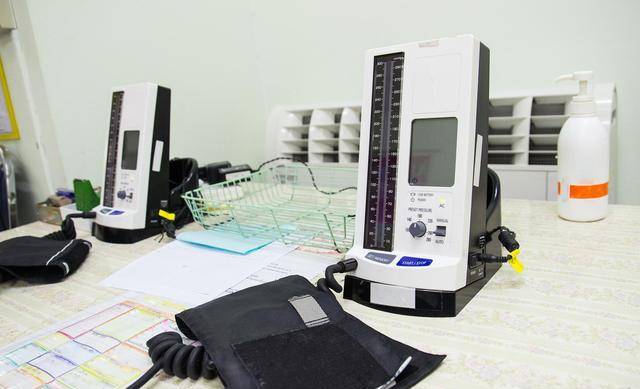Keeping your mouth shut is stronger than anything else, as many people’s blood pressure changes are related to incorrect diet. Being a foodie themselves, it is difficult to control their diet well even when faced with diseases.
When seeing something they like, people tend to consume a lot, which can stimulate the body under inappropriate diet conditions, even raising blood pressure. Over time, the pressure on blood vessels increases, making it difficult to control hypertension, leading to various complications.
1. Adding alcoholic foods
Many types of foods can raise blood pressure, such as foods containing alcohol. During cooking, many people like to use yellow wine, white wine, beer, etc., for seasoning. The resulting food has a strong aroma of alcohol, which can freshen and remove fishy tastes.
However, after alcohol consumption, the body’s excretion burden increases, the liver is more prone to damage, and it may also irritate the gastric mucosa.
Furthermore, under the influence of alcohol, blood pressure can also change. When blood pressure rises, the heart and kidneys are more susceptible to damage. For the sake of health, try to abstain from alcohol and avoid frequent consumption of alcoholic foods.
2. High-sugar foods
To maintain a healthy body, it is advisable to stay away from high-sugar foods that raise blood pressure. Many people nowadays love sweets because consuming sweet things can make people feel happy, and when they need to boost energy, most people choose sweets.
However, sweet foods are high in calories, excessive consumption can affect health. Besides the risk of blood sugar changes, there will also be changes in blood lipids and blood pressure due to the excessive calorie intake and failure to burn them in time, leading to obesity, and subsequent chronic diseases.
Therefore, it is essential to understand dietary regulation, limit the intake of sugary substances, and consume fewer sweets to maintain good health.
3. High-salt foods
Key to promoting good health is maintaining an appropriate diet by consuming fewer high-salt foods.
Adding salt during cooking enhances the flavor of food. However, when adding salt, it should be done in moderation, starting with a small amount and tasting the flavor.
If the taste is too bland, you can gradually increase the amount of salt. Do not add too much at once, as this will make the food overly salty. Ingesting high-salt foods increases the body’s burden of excreting sodium ions, not only reducing kidney function but also altering blood pressure.
4. High-fat foods
To control blood pressure, limiting fat intake is crucial. Many people consume high-fat foods in large quantities for extended periods, leading to weight gain.
During obesity, fat builds up in the body, making the liver vulnerable to damage and causing various indicators to change due to obesity, potentially leading to chronic diseases. This is a common cause of abnormal blood pressure in many people, and regulating the body well requires reducing the intake of high-fat foods.
To control blood pressure, keeping your mouth shut is essential. Moreover, stabilizing emotions, engaging in appropriate exercise to dilate blood vessels, maintaining a regular daily routine to regulate the endocrine system are all beneficial for blood pressure regulation.


